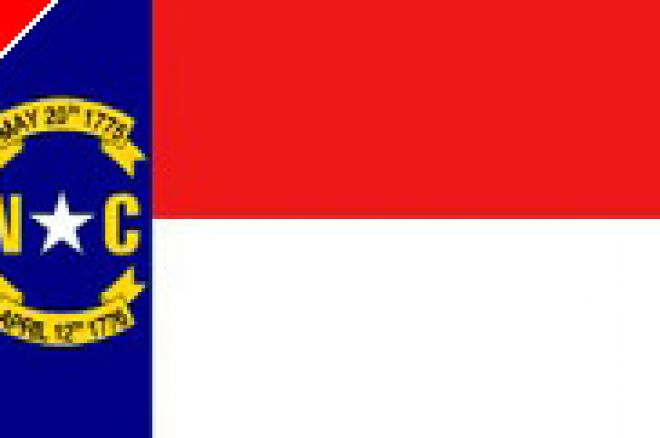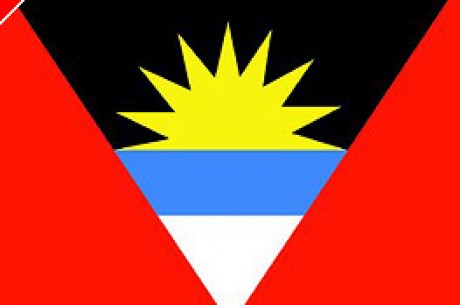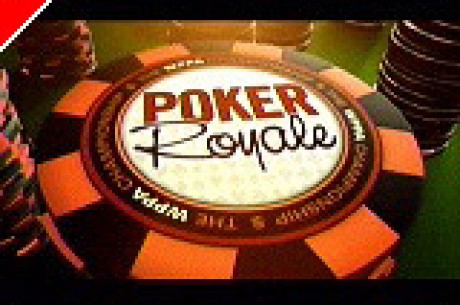North Carolina Takes A Step (Further?) Back

Poker is sweeping the nation (gee, there's a news flash for you!). Unfortunately, if you live in North Carolina, you are limited to online poker or one of the multitude of free tavern poker leagues that are in existence. The live game may come under attack soon, after the decision of a North Carolina judge.
Earlier in 2005, a free tavern poker league was raided in Greensboro by officials from the state Alcohol Law Enforcement division. After confiscating the cards, chips and other poker paraphernalia, the ALE found that no distinct laws were broken, filed no charges and the game, in fact, had been given the go-ahead by a state's attorney. Embarrassingly, the ALE was forced to return everything.
Tavern poker leagues have become hot in the Tar Heel State. No money is wagered in the free leagues. Players compete for points and, in some cases, prizes as well. It is something that this writer has personally participate in (and enjoy), not only for the competition but also for the live action that the online game can't provide. Friendships come together as well through the free leagues, with nothing being put on the line by anyone.
Nearly 2100 players play in the Poker Taverns League, based in the state capital of Raleigh. Recently, the owner of Raleigh club The Point at Greenwood, Frank Winslow, asked about the legalities of the free matches after investing over $1000 in tables and chips. Additionally, a local gaming club, the Joker Club, requested permission to open a poker room as well, running free games. Finally, Harrah's Cherokee Casino outside of Charlotte has requested permission to start running a live poker room, rather than the video games they currently have.
Winslow echoed many poker players sentiments in North Carolina when he said, "We're certainly not trying to break any laws, and I don't think we are. From what I understand, the Wake County District Attorney doesn't think so either."
Durham attorney Marcus Hill represents the Joker Club and was trying to get the laws clarified. Hill filed suit against former Durham County District Attorney Jim Hardin (now a state judge) for blocking the club from opening. "Poker isn't gambling," remarked Hill. "Poker is a game of skill, where you have to be able to read people to determine your actions." Unfortunately, a state judge Monday ruled that Hardin's actions were legal. Hill has not decided whether or not to appeal the judge's decision.
The problem in North Carolina, as it is in many areas of the U. S., lies in the differing laws not only from county to county, but even in some cases city to city. There is also the problem in enforcement, with some authorities aggressively pursuing and, in some cases, shutting down the free games and even sending in undercover agents to infiltrate home games (several home games have been broken up in North Carolina through the usage of that tactic). "Unfortunately, we have to deal with county-to-county interpretations of their laws," said Ryan Turner, the organizer of the Poker Taverns League.
The Harrah's casino run by the Cherokee Indian tribe have also been unable to get action on their front. They have, by some accounts, been ready to run a live poker room since the beginning of 2005, but are unable to get the General Assembly to acquiesce to such a live room. The opening date has been announced, passed and yet no live poker has come to North Carolina.
North Carolina is beginning to fall into the backwaters of the nation. It is the only state east of the Mississippi with no lottery. Lottery players flock to the neighboring states and spend upwards of $60 million a year in those states. Poker players continue to play in droves in the free leagues and take their vacations to areas where the game is legal. Meanwhile, the state government complains about their budget shortfall and continues to cut educational programs and state jobs to attempt to make up their deficit.
North Carolina's problem is a government still under the influence of a morally driven culture (some would say the "religious right" but it is more than just those that are religious). The various "evils" they protest against are those very same things that, in the past, have saved the state's coffers from being bare (alcohol and cigarettes come to mind). Now, when the obvious must be done, the "Bible Belt" raises its head again and continues to thwart the efforts of poker players and gamers throughout the state.
North Carolina has to do something. Gaming, be it poker or otherwise, can be a cure for many ills. As the state continues to spiral down into the abyss of ignorance regarding poker and gaming, maybe some day the state might see the light and recognize poker as what it is, a game of skill that is affected by other influences.








